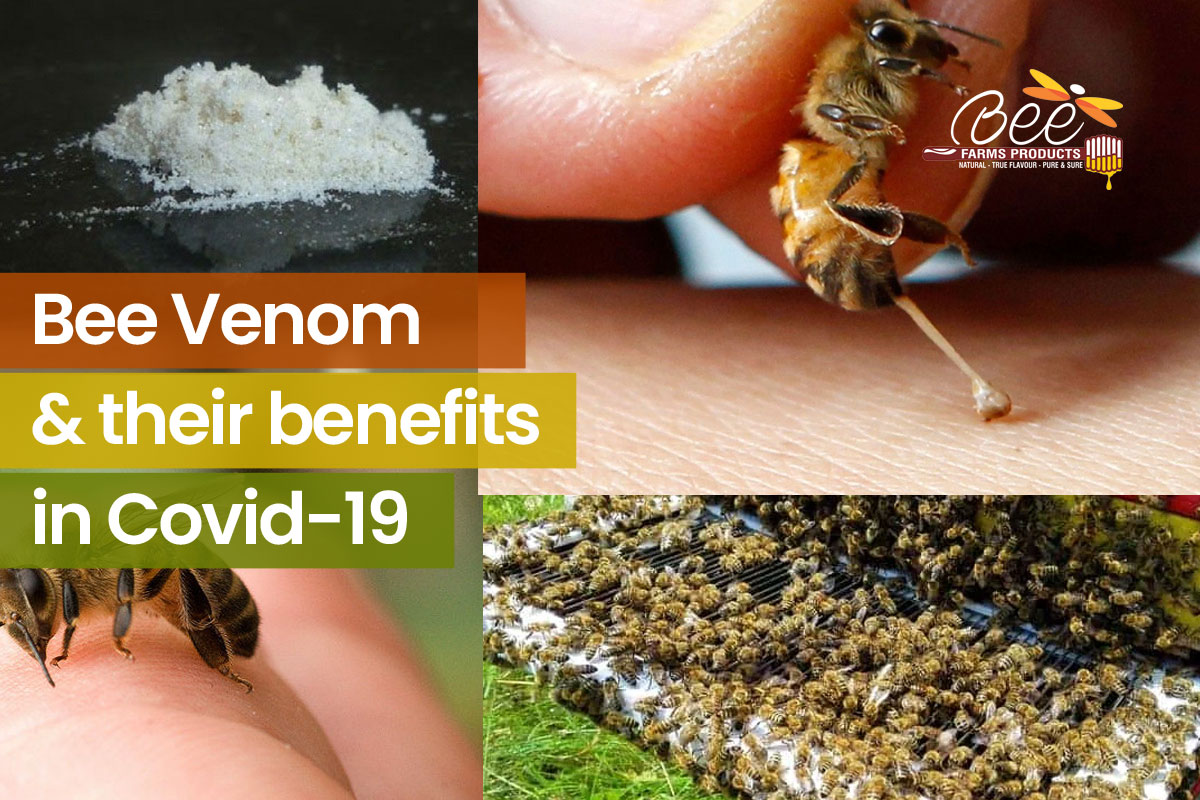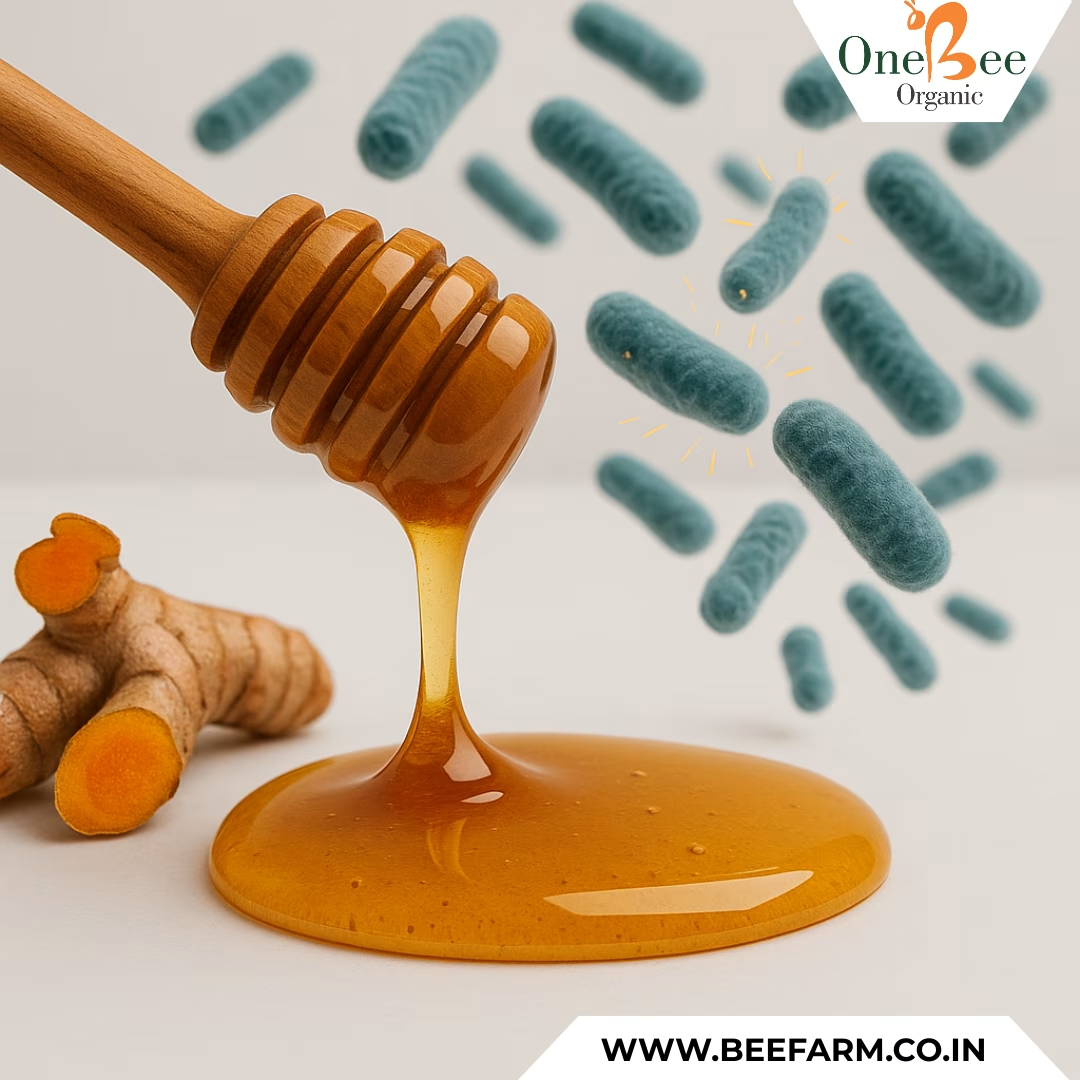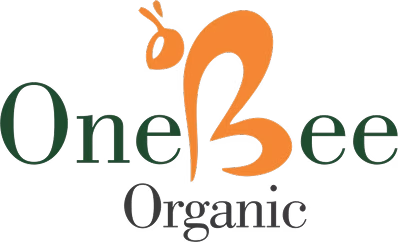Bee Venom & Its Benefits in COVID-19 Times – Part III
Ancient Remedy with Modern Applications
For centuries, bee venom has been used to treat joint pain and arthritis. Today, researchers recognize its potential for immunotherapy, helping the immune system become more active and responsive.
Medicinal Uses of Bee Venom
Scientific studies confirm that bee venom helps alleviate symptoms of nerve pain, multiple sclerosis (MS), tendonitis, rheumatoid arthritis (RA), wounds, gout, shingles, and muscle conditions like fibromyositis and enthesitis. Doctors administer it either through injections or topical application, depending on the condition being treated.
Key Bioactive Components & Their Benefits
Bee venom contains several bioactive compounds, each contributing to its therapeutic properties:
- Melittin – Reduces inflammation, fights arthritis, inhibits tumors, and has antimicrobial effects.
- Apamin – Protects nerves, reduces inflammation, and has potential anti-tumor properties.
- Phospholipase A2 – Supports the immune system, protects nerve cells, and fights tumors.
- Adolapin – Acts as an anti-inflammatory, pain reliever, anticoagulant, and fever reducer.
- MCD Peptide – Regulates histamine responses, potentially reducing allergic reactions.
- Secapin – Demonstrates antimicrobial effects.
- Tertiapin – Influences the nervous system, supporting parasympathetic activity.
- Cardiopep – Helps regulate heart rhythms and prevents arrhythmias.
Bee Venom & HIV Research: A Breakthrough Discovery
Recent studies highlight an exciting breakthrough in HIV treatment. Researchers have found that nanoparticles carrying bee venom toxins can destroy the human immunodeficiency virus (HIV) while leaving surrounding cells unharmed. This discovery could lead to a vaginal gel that prevents HIV transmission and may revolutionize HIV prevention strategies.
The key component, melittin, disrupts the protective envelope surrounding HIV and other viruses. While large amounts of free melittin could cause damage, melittin-loaded nanoparticles selectively attack harmful cells. Research led by Dr. Joshua Hood at Washington University School of Medicine confirms these findings, emphasizing the potential of bee venom in modern medicine.
Bee Venom & COVID-19: What Studies Reveal
According to data from the John Hopkins Coronavirus Resource Center, the global number of COVID-19 cases continues to fluctuate. Interestingly, a study in Hubei province, the epicenter of COVID-19 in China, found that none of the 5,115 beekeepers surveyed between February 23 and March 8 showed symptoms of COVID-19.
Although more research is needed, these findings suggest that bee venom may have immune-boosting properties that help protect against viral infections.
Final Thoughts
Bee venom is more than just a natural remedy—it holds enormous potential in immunotherapy, virus treatment, and chronic disease management. From arthritis relief to groundbreaking HIV research, its therapeutic applications continue to expand.
As scientists uncover new benefits, bee venom could become a powerful tool in modern medicine, offering hope for immune-related conditions and viral infections.








Leave A Comment